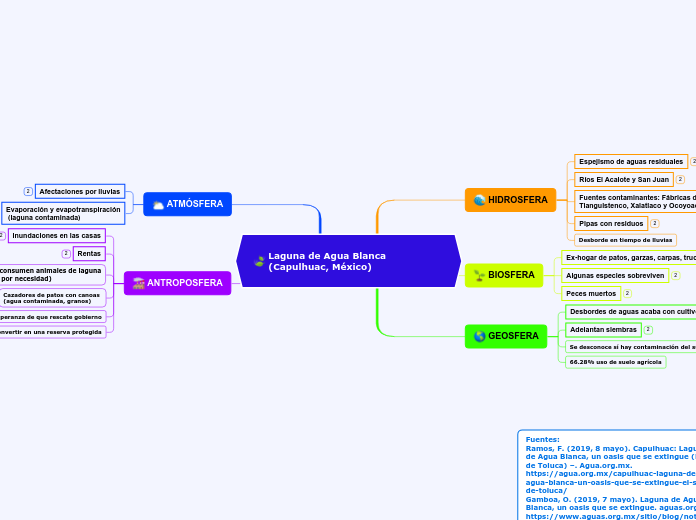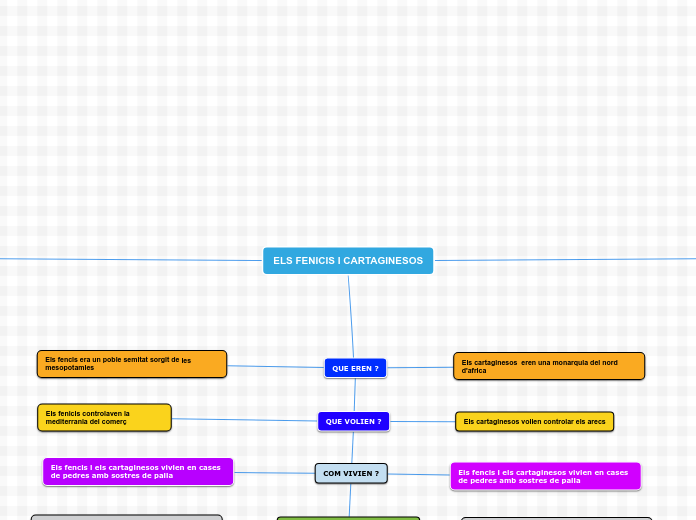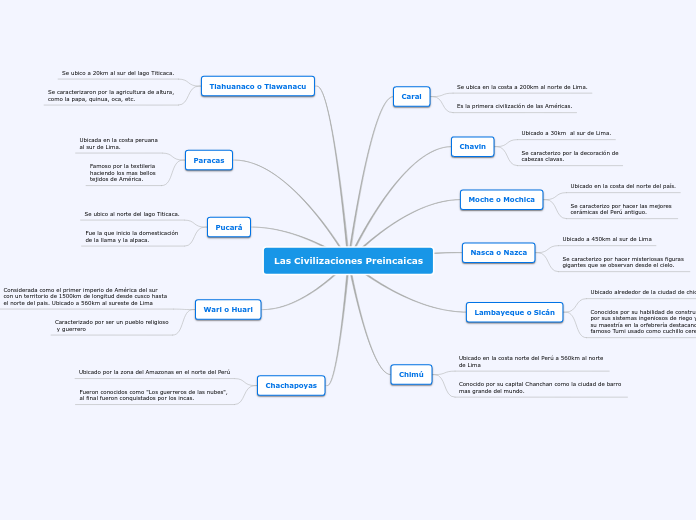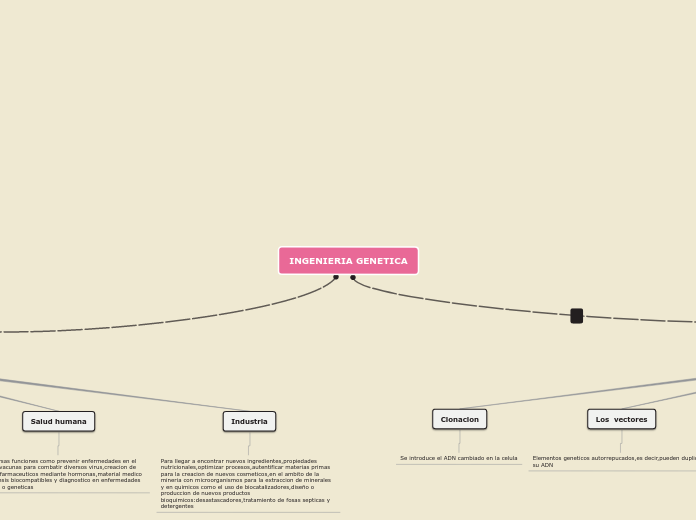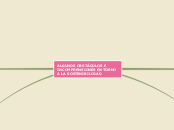Fuentes:
Ramos, F. (2019, 8 mayo). Capulhuac: Laguna de Agua Blanca, un oasis que se extingue (El Sol de Toluca) –. Agua.org.mx. https://agua.org.mx/capulhuac-laguna-de-agua-blanca-un-oasis-que-se-extingue-el-sol-de-toluca/
Gamboa, O. (2019, 7 mayo). Laguna de Agua Blanca, un oasis que se extingue. aguas.org.mx. https://www.aguas.org.mx/sitio/blog/noticias/item/1679-laguna-de-agua-blanca-un-oasis-que-se-extingue.html#:%7E:text=Los%20habitantes%20de%20Agua%20Blanca%2C%20consideran%20que%20el%20principal%20factor,Santiago%20Tianguistenco%2C%20Xalatlaco%20y%20Ocoyoacac.
Laguna de Agua Blanca (Capulhuac, México)
The part of speech is a category to which a word is assigned according to its syntactic functions. In English the main parts of speech are noun, pronoun, adjective, determiner, verb, adverb, preposition, conjunction, and interjection.
ANTROPOSFERA
A conjunction is a word like 'if' 'but' or 'and' which is used to connect sentences or clauses together.
Convertir en una reserva protegida
Esperanza de que rescate gobierno
Cazadores de patos con canoas
(agua contaminada, granos)
No consumen animales de laguna
(sí por necesidad)
Rentas
Subordinating conjunctions are conjunctions that are used at the beginning of subordinate clauses. Some examples of these conjunctions are: although, after, before, because, how, if, once, since, so that, until, unless, when etc.
Although it was raining, I went out.
Inundaciones en las casas
Coordinating conjunctions always connect phrases, words, and clauses. They are: for, and, nor, but, or, yet, so.
This stew is savory and delicious.
ATMÓSFERA
A numeral is a word or phrase that describes a numerical quantity.
Some theories of grammar use the word 'numeral' to refer to cardinal numbers that act as a determiner to specify the quantity of a noun, for example the 'two' in 'two hats'.
Evaporación y evapotranspiración
(laguna contaminada)
One, two..
Afectaciones por lluvias
First, second..
GEOSFERA
An article is a word used to modify a noun, which is a person, place, object, or idea. Technically, an article is an adjective, which is any word that modifies a noun.
66.28% uso de suelo agrícola
Se desconoce sí hay contaminación del suelo
Adelantan siembras
Indefinite articles are the words 'a' and 'an.' Each of these articles is used to refer to a noun, but the noun being referred to is not a specific person, place, object, or idea. It can be any noun from a group of nouns.
A car in the parking lot.
Desbordes de aguas acaba con cultivos (lluvias)
It refers directly to a specific noun or groups of nouns.
The breakfast on my plate.
BIOSFERA
A pronoun is a word that can be used in place of a noun, typically after the noun itself has already been stated.
Peces muertos
Relative pronouns are used to add more information to a sentence. Which, that, who (including whom and whose), and where are all relative pronouns.
Which, Where
Algunas especies sobreviven
Possessive pronouns are used to show possession. The possessive pronouns are mine, yours, his, hers, ours, and theirs.
His, Your
Ex-hogar de patos, garzas, carpas, truchas, etc.
The personal pronouns are I, you, he, she, it, we, they. More often than not (but certainly not always), they replace nouns representing people.
He, They
HIDROSFERA
A verb is an action word or 'doing' word that signifies movement in some way.
Desborde en tiempo de lluvias
Pipas con residuos
A participle is a verb form that can be used as an adjective or to create a verb tense. There are two types of participles: Present participle (ending -ing) and Past participle (usually ending -ed, -d, -t, -en, or -n).
The winning athlete gets a trophy.
Fuentes contaminantes: Fábricas de Santiago Tianguistenco, Xalatlaco y Ocoyoacac
A modal is a type of auxiliary (helping) verb that is used to express: ability, possibility, permission or obligation. The main modal verbs in the English language are: can, could, may, might, must, shall, should, will, would.
Ríos El Acalote y San Juan
A linking verb connects the subject with a word that gives information about the subject, such as a condition or relationship.
You look exhausted after studying all night.
Espejismo de aguas residuales
A verb with its own meaning: a verb that is not an auxiliary verb.
Create sentences
They have it.
